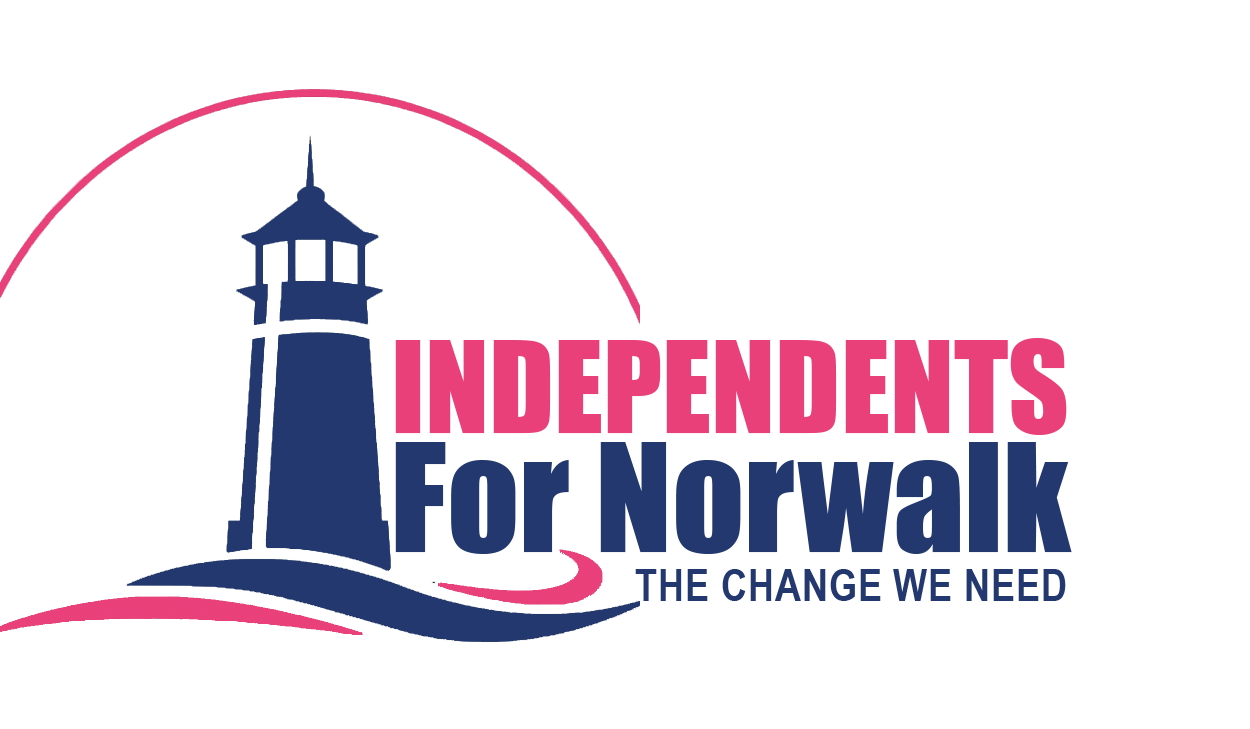Mainstream Voting Reform:
Among the world’s democracies, the US has the worst ballot access laws. Connecticut is no exception. Ballot access refers to the restrictive rules and procedures regulating how a candidate, political party or initiative is allowed onto the ballot & who can vote.
Roughly, 43% of voters in Connecticut DO NOT identify with either major party and are excluded from the primary process. Connecticut lags most states in election reform like open primaries, equal ballot access, early in-person voting or Ranked Choice Voting.
Both parties claim and counter claim a desire for fairer & freer elections – yet ignore reforms that would increase voter turn-out, improve proportional representation and tamp down party extremism.
Challenges associated with ballot access for an independent line at local, state and national levels has over the past decade, given rise to extreme governance policies from factions within both major parties. Well researched, mainstream reforms, supported by moderates on both sides, get little traction because polarizing positions mislead voters and cancel pragmatic debate.
The Root Cause (s):
Gerrymandering of geographical voting boundaries creates ‘safe’ red or blue municipalities and according to Ballotpedia returns incumbents to office 95% of the time. Half of the electorate is left disenfranchised, without a voice.
Closed Primaries exclude independent voters, such that an even smaller minority group of voters get to decide who is on the ballot. This has further solidified single party rule in Connecticut, obstructing PROGRESS and moderate MAINSTREAM reforms that would otherwise improve the efficiency of local and state government, as well as, the performance of Connecticut’s economy.
Voting Reform:
Fair and free elections would increase, more proportional representation would occur and one-sided and/or extreme policies would decrease if just some of the following reforms were adopted.
- Campaign Finance Reform. Small donors and public funding that’s fairer to third parties reduces shadowy PACs, special interests or wealthy donors that contribute to soft corruption and pay to play government contracts.
- Equal ballot access. Easier access for third parties to drive issues the two major parties won’t discuss.
- Early in-person voting. Early voting length varies from state to state – ranging from 3 to 46 days, with the average 23. According to the National Conference of State Legislatures (NCSL) Connecticut is one of four states not allowing it, including Alabama, Mississippi and New Hampshire. Making it easier to vote, in person, with ID, reduces absentee ballots and concerns over fraud.
- Ranked Choice Voting (RCV). According to Fair Vote, 55 cities, counties, and states, use RCV, where voters aren’t limited to picking one option as a winner take all. Instead, candidates rank preferences, 1st, 2nd, 3rd choice until a candidate wins a 50 percent +1 majority, supporting more consensus building. In the absence of open primaries, RCV helps minimize the chances of extreme left or right wing candidates making it onto the general election ballot because of closed primaries by the two major parties.
- Term Limits. Legally restricting the terms, a person may hold office is seen as a way to combat gerrymandering and reduce lobbyist and special interest influence, as well as patronage jobs or pay to play contracts at state and municipal levels.
- Ballot Initiatives. Proposed laws placed on the ballot on behalf of citizens provide an additional path for voters to enact changes outside the two-party system.
- Eliminating Partisan Election Officials. Connecticut is the only state in the country that guarantees election administration to two major party elected officials, a Democrat & Republican Registrar of Voters. Moving all election operations to a non-partisan election administrative official, would streamline the process.
- Minority Party Representation. (Note: Norwalk is one of only three outlying municipalities out of 169 in Connecticut that does not have a charter mechanism guaranteeing diverse party membership on its city council.) No more than (generally) two-thirds of the total enrolled in the same political party can serve on a particular governing body.
More Voices Equals More Choices!
